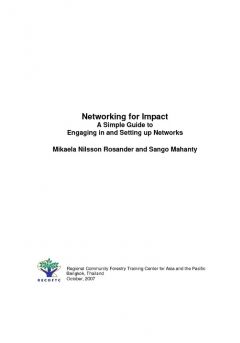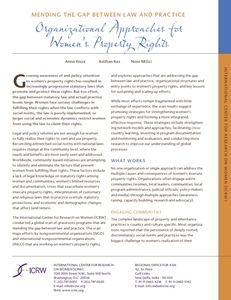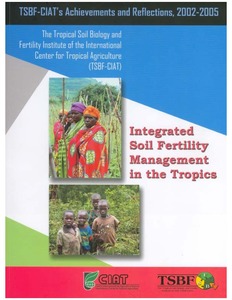La nueva generación de programas y proyectos de gestión de cuencas hidrográficas
Con ocasión del Año Internacional de las Montañas (2002), la Organización de las Naciones Unidas para la Agricultura y la Alimentación (FAO) y sus asociados emprendieron una sistematización mundial en gran escala de la situación actual y futuras tendencias de la gestión integrada y participativa de las cuencas hidrográficas. Los objetivos generales eran promover el intercambio y la difusión de experiencias de gestión de cuencas de 1990 a 2000, y determinar un paradigma para una nueva generación de programas y proyectos de gestión de cuencas.









